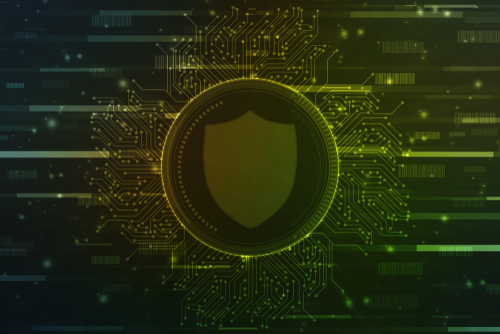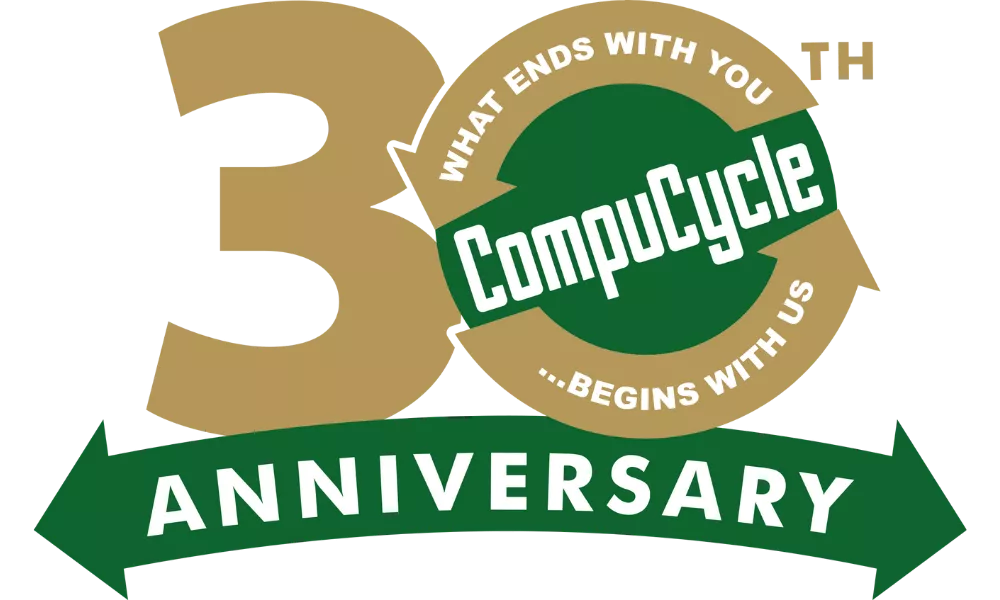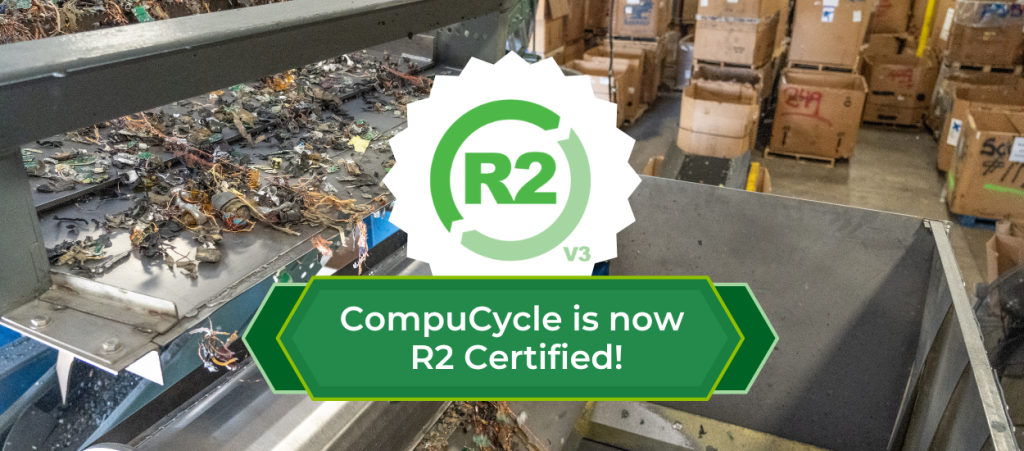
The one true constant in our lives today is data. Data has existed in one form or the other ever since the advent of the computer, but the scale at which it exists today is truly unprecedented. Every action creates a data point these days. These data points are useful for businesses that can utilize them to better serve their customers.
Not all data points are useful, though. Some data points simply exist as a consequence of our activities. There is also data that is sensitive. Companies produce such data for internal use, and it could be disastrous for them if it got into the wrong hands.
This is why it is important to build and maintain an effective data destruction policy. Let’s take a look at how businesses can approach this task. The first thing to look into is why a data erasure policy is important at all.

Importance of an Effective Data Destruction Policy
There are two main reasons that companies should prioritize a data destruction policy. The first is to ensure consumer data privacy. If you’ve visited a website over the past few years, chances are you’ve been greeted by a “cookie policy” message.
There was a time when customer data could be used freely. Many businesses used this internally while many others simply sold it to third parties. Consumer outcry and watchdog agencies combined to pressure governments into passing data protection laws.
Data destruction is a part of such laws, and businesses must have some kind of policy to comply with these regulations.
Even outside of consumer data protection, there is the question of self-interest. Businesses generate mountains of data that are used for internal communication and decision-making. While this data is indeed very useful, it creates a certain liability as well.
Security breaches are not uncommon in the world of business, and such loss of data can result in a huge hit on a company’s reputation. Beyond that, who knows what kind of data the attackers may get access to? An effective data erasure policy permanently destroys sensitive data to prevent such situations.
Elements of an Effective Data Disposal Policy
The elements of an effective data disposal policy include the following steps:
Destruction of Physical Asset
With physical destruction, the asset is rendered useless, making it the most secure method of data disposal. This method can often be cost-prohibitive since the business will have to source completely new hardware each time. Most corporations reserve this option for assets with the most sensitive information on them.
Deletion of Data from Asset
This is the most widely used method as it involves securely deleting all the storage media from an asset without physically destroying it. It is important to remember that deletion is not the same as secure deletion and that recruiting the help of professionals like CompuCycle is recommended. Professional data deletion services have the requisite qualifications and experience in managing and deleting secure electronic data from your hardware. To learn more about CompuCycle’s data destruction policies, click here.
Don’t Forget the Backup Drives
It would be rather pointless to delete all your secure data from your main drives only to have it floating around in backup drives somewhere. It is hence of crucial importance that you include such devices in your data disposal policy. If backup drives are allowed to exist outside of the data erasure policy, they can create significant liabilities for your organization in the future.
Internal Controls
For any policy that hopes to succeed long-term, active steps need to be made to ensure that the policy is being adhered to year-round. When it comes to data destruction, this means that all data, sensitive or otherwise, should be logged for easy traceability. By knowing exactly what information is on which drive, you make the process of destroying data that much easier.
Partner with the Right People
The most important part of a good data destruction policy is that you don’t try to do it yourself. Data destruction is serious business, and doing it yourself creates unnecessary potential liabilities. You should aim to recruit the help of professionals who have the requisite experience, processes, and equipment to handle such a task.
CompuCycle offers best-in-class data destruction and electronic media sanitization services. Contact us today to receive a free quote.
Recent Articles
CompuCycle Becomes Exclusive Woman-Owned E-Waste Processor in Texas with ISO 27001 Data Security Certification
New Information Security Management System (ISMS) Certification Guarantees End-to-End Data Confidentiality and Integrity for Corporate IT Asset Disposition (ITAD). HOUSTON, TX – December 9, 2025 – CompuCycle, an industry leader in secure and sustainable IT…
Read MoreSecure Electronics Disposal in Houston: Why the City’s Largest Industries Trust CompuCycle
When a major healthcare system decommissions thousands of laptops, or an oil and gas company retires an entire data center, one question comes up again and again: What happens to all that data — and…
Read MoreCompuCycle Executives Join R2 TAC and e-Stewards Leadership Council to Advance ITAD Standards
Houston-based ITAD provider deepens its industry influence through active participation in standard-setting committees. As corporate ITAD needs evolve alongside stricter compliance and ESG requirements, CompuCycle continues to lead the way—this time by contributing directly to…
Read MoreI’m Just a Computer: A Journey Through ITAD Recycling
Meet Chip the Computer – he’s about to take you on an unforgettable journey through the world of IT Asset Disposition (ITAD). Buckle up for an adventure that’s both educational and entertaining! Chapter 1: “Hello,…
Read MoreFrom Trash to Treasure: Follow the Extraordinary Journey of a Recycled Laptop Collected at the E-Cycle Drive
How ITAD Can Offset Enterprise IT Costs: The CIO’s Guide
CompuCycle’s R2v3 Dual Certification Ensures Secure Data Destruction and Eco-Friendly Recycling
- « Previous
- 1
- 2
- 3



